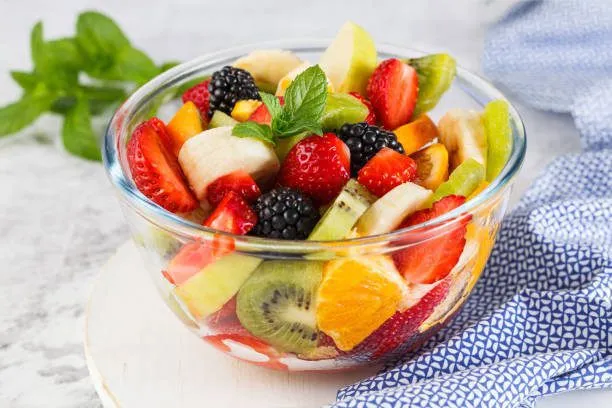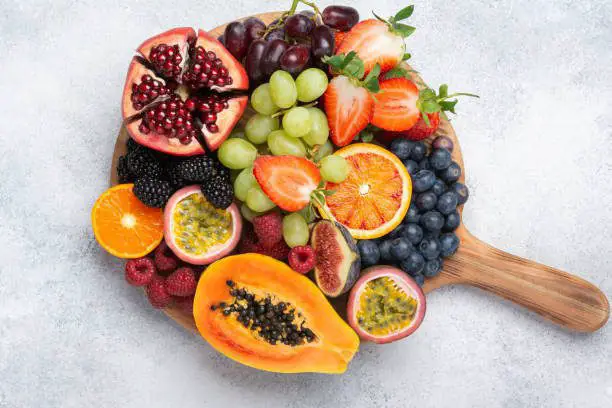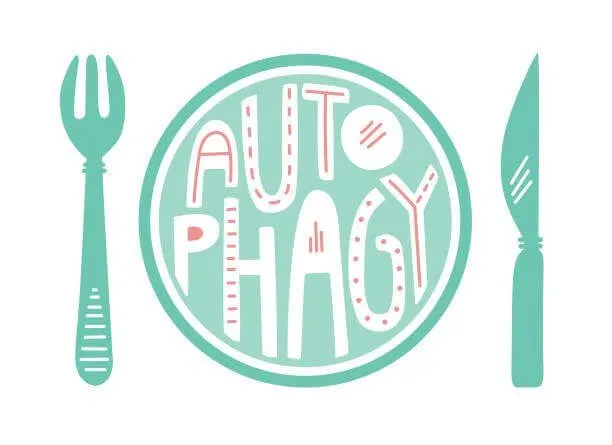Can You Eat Fruits While Fasting? Explained
Can you eat fruits while fasting? The answer to this question depends on the type of fasting you are following. Some fasting methods allow you to eat fruits during the fasting, while others don’t.
Some of the common types of fasting and their guidelines for fruit consumption include:
1. Water fasting
Water fasting is a type of fasting where you only consume water or other calorie and sugar-free beverages such as tea or coffee. During water fasting, fruits are not allowed because they contain calories and carbohydrates. Consuming fruits or any other solid food during water fasting will break your fast and prevent you from reaping the benefits of the fast.
Some of the helpful tips during water fasting include:
- Start with a short fast, such as 12 to 16 hours
- Drink plenty of water and other calorie-free beverages during the fast
- Avoid strenuous exercises
- Avoid fasting when you are sick or unwell
- Take a balanced diet after the fast
2. Intermittent fasting
Intermittent fasting involves cycling between periods of eating and fasting. The most common type of intermittent fasting is 16/8, where you fast for 16 hours and have an eating window of 8 hours. During the eating window, you can consume fruits alongside other healthy diets. Good fruits options include berries, citrus fruits, avocados, and apple fruits.
Some of the best tips for eating fruits during this period include:
- Consume them in moderation, as they can raise your blood sugar levels
- Choose fruits that are low in sugar and calories
- Ensure to drink water throughout the day
- Eat the fruits as part of your meal, rather than their own
3. Juice fasting
Juice fasting is a type of fasting where you only consume fruit and vegetable juices. It involves consuming only freshly squeezed fruits and vegetables for a certain period. During juice fasting, you only consume low-calorie, high-fiber, and less-sugar fruit juices, not whole fruit. Some of the benefits of following juice fasting include the following:
- It can help you lose weight by reducing the calorie and sugar intake
- Juice fasting improves digestion by increasing the amount of fiber in your diet
- It provides the body with a concentrated source of nutrients and hence can help increase energy level
- It provides the body with antioxidants and other vital nutrients that improve the skin’s health
4. OMAD
OMAD or “One Meal a Day,”, is a form of fasting where you fast for approximately 23 hours a day and consume all your daily calories within a one-hour eating window. Whether or not it is right to eat fruits during this period depends on your individual goals and preferences.
If your goal is to lose weight, it is recommended that you limit the intake of fruits during the OMAD fasting. If you are looking for a way to improve your gut or overall health, eating fruits during OMAD fasting is a good option. However, choose fruits with low calories and sugar to not spike your blood sugar levels.
What Kind of Fruits Can I Take During Fruit Fasting?

It is good to be choosy with the fruits you consume during fasting periods. Some fruits are higher in sugar than others, hence can spike your blood sugar levels. During fasting period; some of the things to consider when choosing fruits include:
- Sugar content: Fruits high in sugar can raise blood sugar levels and lead to weight gain.
- Fiber content. Choose fruits with high fiber. These fruits will help to steady your blood sugar levels, slow fat absorption, improve digestion and help to manage weight gain.
- Glycemic index. The glycemic index measures how quickly a food raises blood pressure. Choose fruits with a low glycemic index because they won’t affect your blood sugar.
Some of the Best Fruit Includes:
a. Berries
Berries like strawberries, raspberries, blackberries, and blueberries are generally low in sugar and calories. They are also high in fiber, antioxidants, and various vitamins that are good for your health.
b. Citrus fruits
Citrus fruits such as lemon and grapefruit are a good source of vitamin C, potassium, and fiber. They are also a rich of flavonoids, which are plant compounds with anti-inflammatory and antioxidant properties. Citrus fruits can help improve heart health, boost the immune system, and protect against cancer.
c. Watermelon
Watermelon is an excellent hydrating fruit with low calories and good water content. It can be a refreshing choice during fasting.
d. Cantaloupe
Cantaloupe is another fruit with high water and relatively low sugar and calorie content. It is a good source of vitamins A and C. These vitamins are crucial for boosting the immune system and protecting against free radicals.
e. Avocado
Avocados are low in sugar and rich in healthy fats. They can provide a creamy texture and add nutritional value to your meal. They contain vitamins C, E, and K, potassium, magnesium, and fibers, which are good for the body and weight loss.
f. Pears
Pears are an excellent source of fiber, vitamin C, and potassium. They are also a good source of antioxidants, which can help protect your cells from damage. Pears can help improve digestion, lower cholesterol, and reduce the risk of heart disease.
Fruits to Avoid During Fasting
a. Bananas
While bananas are a good source of potassium and other nutrients, they are also higher in natural sugars and carbohydrates than other fruits. They are also low in fibers and are easily broken down and absorbed, a process that can spike blood sugars.
b. Mangoes
Mangos are delicious tropical fruits but are also higher in natural sugars and calories. A medium mango contains about 160 calories and 35 grams of sugar. Eating a mango during fasting can spike your blood sugar levels and lead to cravings and hunger.
c. Pineapple
Pineapple has a naturally sweet taste and contains a significant amount of sugar. While it provides some beneficial nutrients, limiting its consumption during fasting is good due to its higher sugar content.
d. Dried Fruits
Dried fruits, such as raisins, dried cranberries, or dried apricots, are concentrated sources of sugar and calories. They have a higher sugar content than fresh fruits, so it is advisable to consume them sparingly or avoid them altogether during fasting.
e. Grapes
Grapes, especially the sweeter varieties like red and green seedless grapes, can be relatively high in sugar. It’s advisable to consume them in moderation during fasting.
Bottom Line
Although most fruits have low sugar and are a good source of vitamins, they contain some sugar. So, it is important to consume them in moderation. Also, it is important to ensure that you are doing everything right to ensure the fasting works for you. If you realize that you are not achieving your goal even after fasting, check our checklist for common reasons why your fasting is not working.













